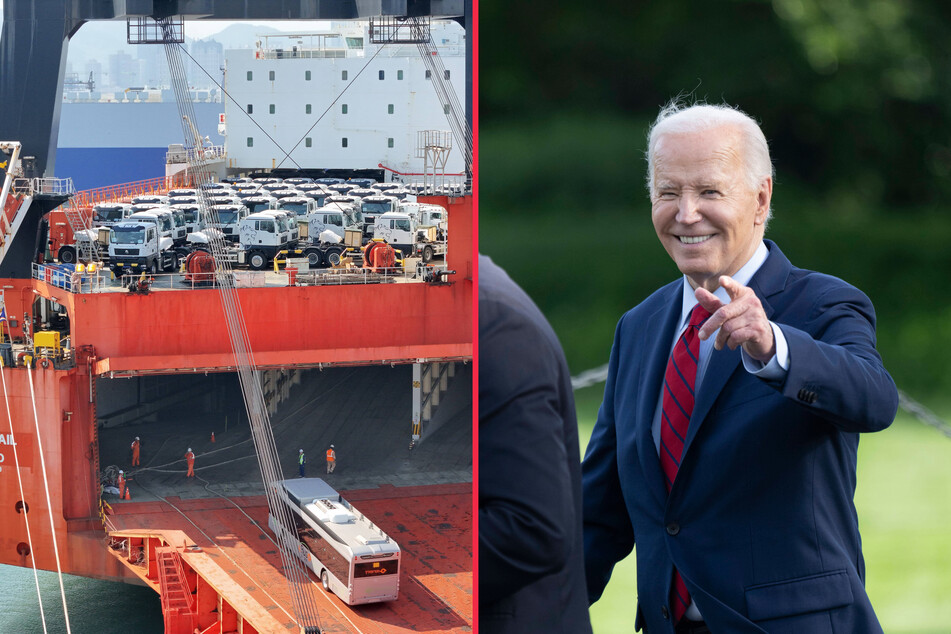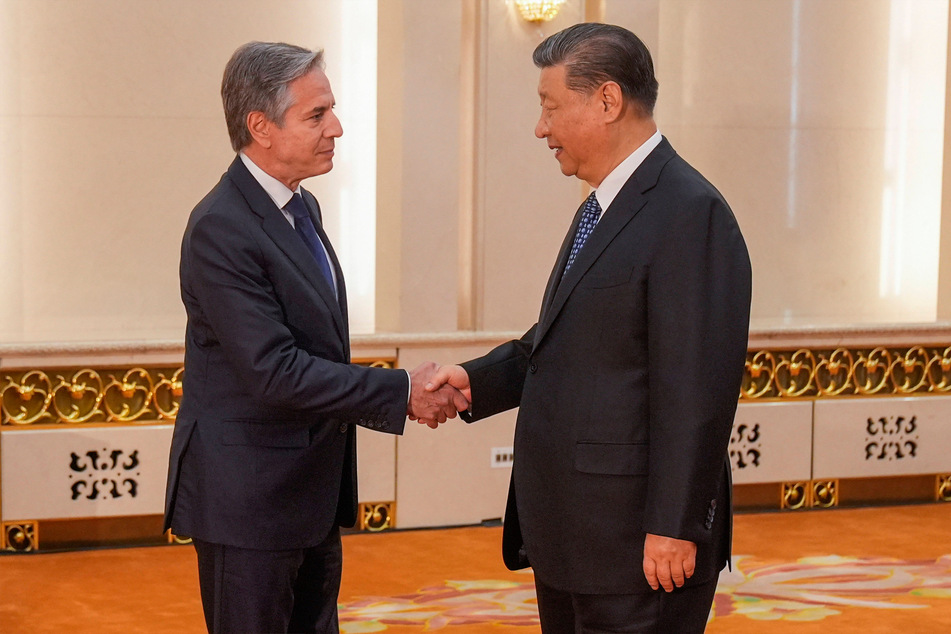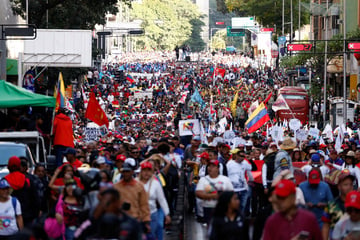Biden slaps massive tariffs on Chinese EVs and other imports in trade war escalation
Washington DC - President Joe Biden's administration has announced an extensive set of tariff hikes on China, angering authorities in Beijing, in a move designed to battle "unfair trade practices."

In a statement released on Tuesday by the White House, the Biden-Harris administration announced that the President had asked for tariffs to be increased on roughly $18 billion in Chinese imports.
The move specifically targets electric vehicles (EVs), which have become a point of tension due to fears over Chinese alternatives undercutting US companies. Tariffs will also target the clean energy and semiconductor industries, as well as medical products.
Only yesterday, amid speculation that tariffs were coming in the following days, Chinese foreign ministry spokesperson Wang Wenbin used his regular press conference to preemptively hit back against EV tariffs in particular, telling reporters that such a move would be "self-defeating."
Wenbin said that despite China's willingness to cooperate with the US over climate change, "the US has been hyping up the so-called 'overcapacity' in China’s new energy sector and vowing to impose additional tariff hikes on Chinese electrical vehicles and solar products."
When the White House announced increased tariffs, however, they claimed that "China’s unfair trade practices concerning technology transfer, intellectual property, and innovation are threatening American businesses and workers."
In particular, tariffs and increasing rules around imported Chinese technological products will help to stop China from "flooding global markets with artificially low-priced exports."
US move comes against backdrop of regional tensions

President Biden's tariffs will keep tariffs implemented by the previous administration under Donald Trump, while bolstering other protections for not only EVs and semiconductors, but medical products as well.
With the US presidential election coming in November, the Biden administration is caught in a tricky situation, trying to both look tough on China, and improve geopolitical relations that were damaged under President Trump.
Last month, Secretary of State Antony Blinken visited Shanghai and Beijing in a tour of soft-diplomacy that saw him in talks with President Xi Jinping, agreeing on better security and law enforcement cooperation, among other things.
It was set against the backdrop of increasing tensions in the South China Sea and major military drills between the US and Philippines.
China's foreign ministry responded to Tuesday's announcement with a statement, saying that it "opposes unilateral tariff hikes in violation of WTO rules."
Spokesperson Wang Wenbin attacked the move and said that China "will take all necessary measures to safeguard its legitimate rights and interests."
Cover photo: Collage: IMAGO/NurPhoto/ZUMA Wire

